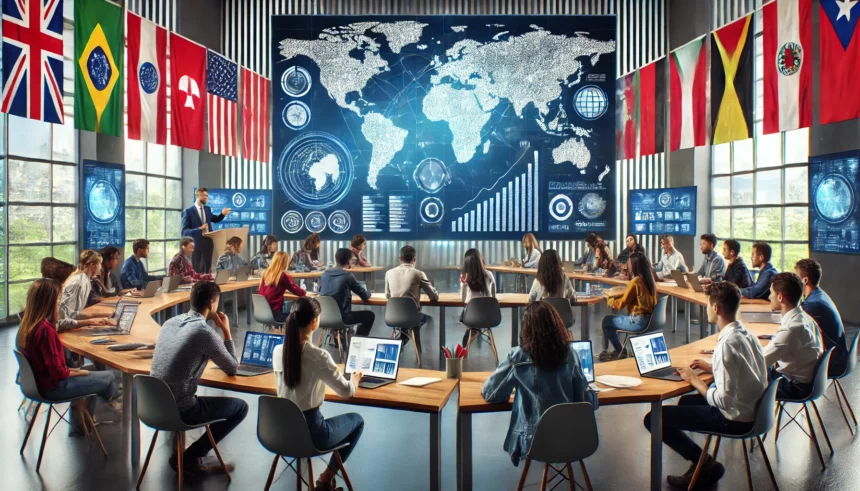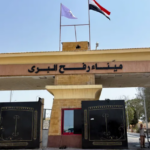Summary by Geopolist | Istanbul Center for Geopolitics
The article pinpoints how management schools are overhauling their MiM programs to make them address global issues like migration, human rights, climate catastrophes, and geopolitical conflicts. Classrooms filled with students who have faced such crises in life, like Nima Salami, bring their personal views to the classroom, making the need for such programs all the more urgent. As proof, a geopolitics course is included in the study matrix at Neoma Business School, for example, since studying geopolitics imparts knowledge of the probable dangers lying ahead, such as doing business during wartime. This, because political factors are influencing the global markets more and more, shows increased recognition that knowledge of geopolitics is crucial for any future leader.
These courses hosted at Vlerick Business School in Belgium identify how the challenges from the geopolitical and macro-economic perspective can influence company strategy and decision-making. At Vlerick, calls are given to future business leaders to stay ahead of global trends by underlining the importance of reflective thinking while urging them to act accordingly. The Nova School of Business and Economics in Portugal stands out for tackling the training of “wicked global leadership” by the capabilities of its students to deal with hard, often intractable, problems in higher education, such as transnational migration. This prepares leaders to immerse themselves in diverse contexts, interact with a wide array of stakeholders, and understand the complexities of global issues.
HEC Paris offers an elective that specializes in human rights. During the class, the learners have an in-depth look at the legal and economic repercussions that link to the protection of human rights, especially within the business sphere. Emphasis is drawn from the show that the actions of corporations have global impacts that are most often related to violations of human rights. Conferences and interactions with friends from areas of conflict, such as Lima Safi, an Afghan refugee, by this standard, allow them to experience it firsthand and provide knowledge based on the inequalities within the globe.
EDHEC Business School, for instance, sends students on “global impact projects” to the likes of Cameroon, India, and the Philippines to work on tangible issues such as food shortages or inequality in access to education. Projects would involve students out of their comfort zones into the exposures of the intricacies of development work and the need for patience and understanding in problem-solving.
Overall, these programs represent a shift in the direction of business education toward a more comprehensive understanding of global issues. Their objective is to turn out skilled leaders not only in business strategy but also equipped to make a positive impact in the world where business, politics, and social issues are deeply interwoven.
Read the full article here.






